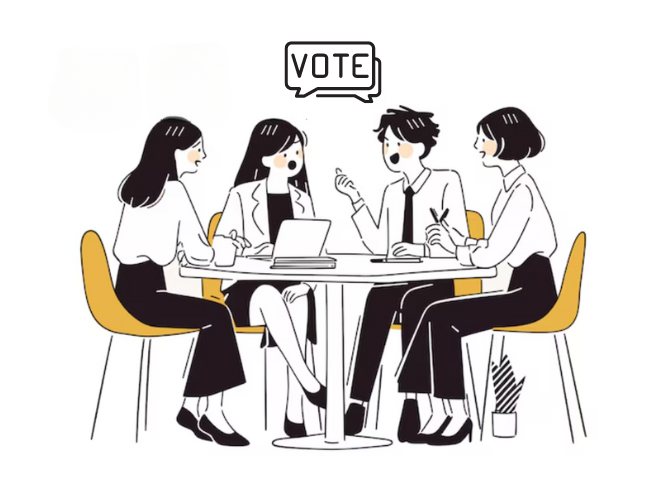“Allowing your employees to bring dogs to work is a perk. Texting an employee after they had to put their dog down is culture.”
The quote above from a Wall Street Journal article sums up the difference between perks and culture fairly well. The article goes on to discuss the importance of and distinction between perks and culture. In short, perks can do a great job in recruiting talent (who doesn’t want flexible work schedules and free food?) but contribute little to retaining them.

Per the author, perks lead to short-term happiness and are easily compared between companies. Free beer and bean bag chairs can only do so much for a finite amount time, and there are no amounts of perks that can keep an unsatisfied, disengaged worker at an organization or performing to his or her best ability. Also, companies lacking perks can easily “catch up” to recruit new talent. This is why employers fighting for talent to drive their businesses must combine perks with culture.
Culture is made up of “emotion and experiences.” It includes a genuine interest in the welfare of employees, professional and personal development, building a strong sense of community, and fostering transparency. For employers, culture is much more difficult to build and often requires sacrifice. Painting corporate values on a wall means nothing if an employer doesn’t remove the top performer who doesn’t embrace those values. It often requires transparency as a two-way street, which means leadership must publicly own up to mistakes made and the consequences that arise from those errors. As a result, culture is much harder to compare between companies and lends itself to being a more difficult tool to use in recruiting. The good thing about strong cultures is that they are hard to replicate so employers without them cannot easily catch up, and positive cultures make it hard for employees to leave, which drives retention.
As employers seek to optimize their recruiting and retention strategy it is important for them to understand the dynamics and underpinnings of what constitute great perks and great cultures. Despite their differences, both have a key role in talent management.
Check out SnackNation’s latest report: 2017 State of Workplace Culture!












